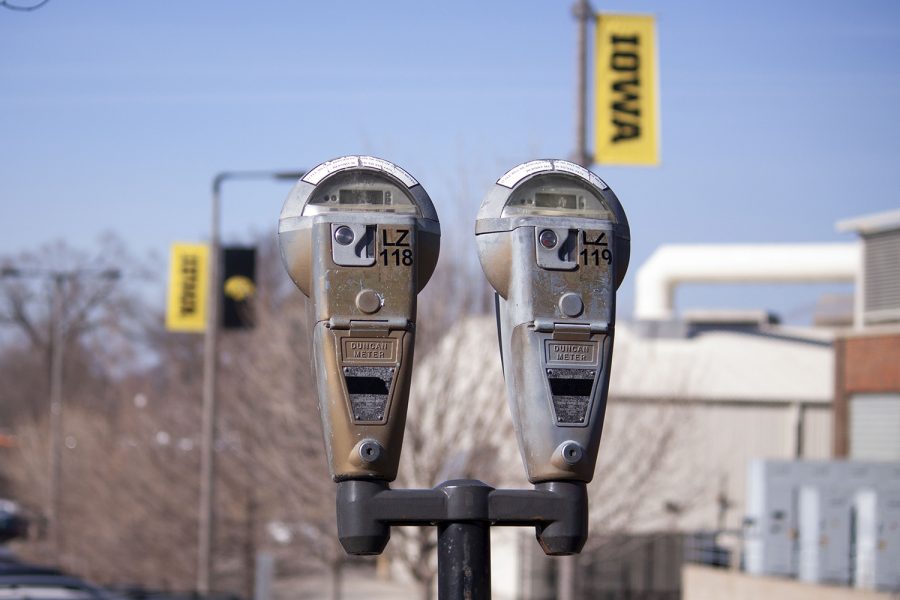The University of Iowa Graduate College will try to more efficiently track data, following the lead of undergraduate colleges.
Over the past few months, officials gathered previously unconsolidated statistical data from different colleges about graduate students’ success, which drew the concern of Executive Council of Graduate and Professional Students President Ben Gillig.
Earlier this year, 33 Ph.D. programs became ineligible for recruitment scholarships after officials said they were not successful enough in retaining students or having students complete their degrees on time. Officials used the combined data to determine which programs to render ineligible.
“The impression I got from their presentation of the data was that they had to sort of cobble together various data sets to make the determination of how many students had graduated from a particular program,” Gillig said. “This is the first time in a long time that we’ve looked at comprehensive graduation and time to degree statistics across the university.”
The Daily Iowan was unable to reach Graduate College Dean John Keller by press time.
Tessa Quintero, a second-year master’s of health administration student who participated in gathering the data for the recruitment-scholarship decision, said, “The Graduate College has worked really hard to be as thorough as possible.”
Different colleges had the opportunity to check for discrepancies, and the data were regularly crosschecked with the Registrar’s Office, Quintero said.
She said the gathering was part of an “ongoing process” to better centralize information.
Gillig said the Graduate College should implement a stronger student-tracking infrastructure.
“We just need to have more consistent and easily accessible tracking data for graduate students, doctoral students in particular,” he said. “For doctoral students, there doesn’t really seem to be really strong systems in place both in colleges and across colleges to really be able to look at that information.”
He said one area that especially needs improvement is finding out when students dropped out of programs, such as before or after their comprehensive examinations.
Gillig pointed to efforts by undergraduate colleges such as MAP-Works as examples for the graduate school to follow. MAP-Works is a survey taken by first-year students to identify factors that might lead to their dropping out.
“I’d just like to see a similar effort for graduate and professional students,” he said.
He also said officials should work to better implement MAUI, the university’s in-house records management system.
Dan Berkowitz, an associate dean of the Graduate College, said numbers gathering has been careful and accurate.
Like Quintero, Gillig believes officials are making strides to create a statistical foundation.
“Every first step begins with realizing where you currently are, and they’ve taken that first step,” Gillig said.






